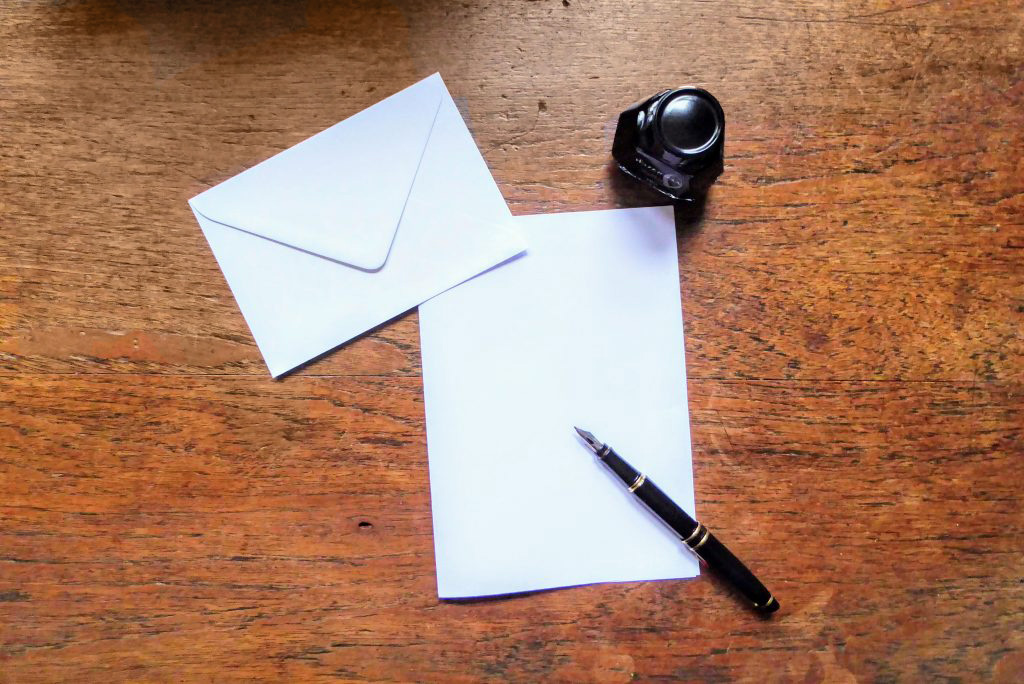
ABOUT THE LETTERS
Ralph Vaughan Williams’s correspondence - with his friends, family, pupils and fellow musicians - paints an intriguing portrait of the man, as well as providing fascinating insights into his major preoccupations: musical, personal and political.
The VWF database includes transcripts of over 5,000 items of annotated correspondence, fully indexed and searchable, which can all be read online. It includes all the letters of Ralph Vaughan Williams known to the editors and is an ongoing project. Find out more about the database.
The text of letters written by Ralph Vaughan Williams remains in the copyright of the Vaughan Williams Foundation and may not be further reproduced without the prior written consent of the Foundation.
Featured Letter
from Vaughan Williams, Ralph, 1872-1958 to Sheppard (nee Watts), Mary
Letter No. VWL4353
Letter from Ralph Vaughan Williams to Victor and Mary Sheppard
Letter No.: VWL4353
The White Gates,
Dorking, Surrey.
5th December, 1951.
My dear Friends
Than you very much for your wonderful Christmas presents which I fear will be demolished long before Christmas, but you should not send me such good things!
I do hope all prospers with you.
Yrs with love
R Vaughan Williams
(R. Vaughan Williams).
Mr. and Mrs. Sheppard,
The White Cottage,
Bergilieu Farm,
Heathfield, Cape Town.
-
To:
-
From:
-
Scribe:
-
Subject:
-
Format:
-
General Notes:
Typewritten, signed.
-
Location Of Original:
-
Shelfmark:MS Mus. 1737, f.51


